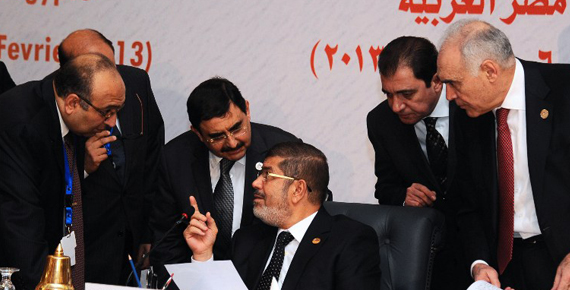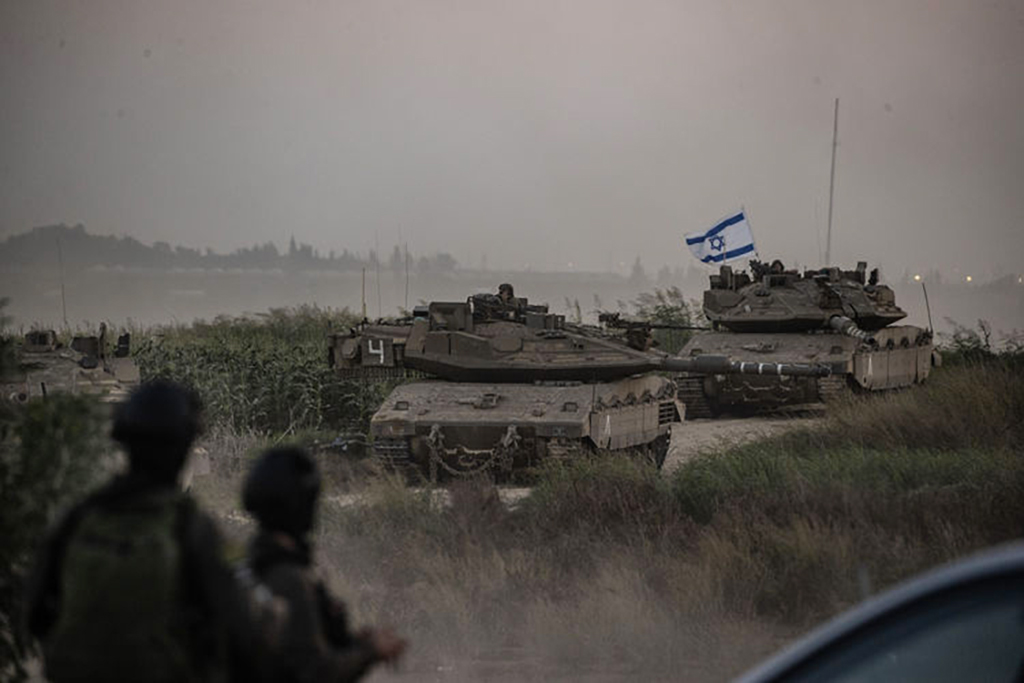As Egyptians are celebrating the second anniversary of the popular revolution, many still doubt about the direction and the future of the country. Although there is not yet a clear answer whether Egypt is returning to its influential position in the region as it was in the past, the time has come for an evaluation of Cairo’s foreign policy inclination since the revolution.
One can talk about three moments in the modern history of Egypt when Cairo has had a chance to shape the developments deeply in the region. First one was the period of the 1950s and the 1960s; and the second one was the time after the Iranian revolution. Now Egypt is entering a third period with the deep social-political restructuring of the Arab world after the popular revolutions.
CHALLENGES: HERITAGE, IDENTITY AND BALANCE
One of the biggest, and maybe the most important, challenge in Egypt’s foreign policy is directly related to its historical heritage and identity. Egyptian foreign policy has always faced the historical problem of creating a coherent balance in its triple identity of Arab, African and European, through the Mediterranean. Since the time of Muhammad Ali Pasha, this has been an intellectual, as well as a political, challenge.
After Gamal Abdel Nasser came to power, this triple balance changed to in favor of pan-Arabism over other identities, although there was an African connection through the Non-Alignment Movement and the anti-colonial discourse.
During Anwar Sadat’s time, this shift started to focus more on the Western identity, slowly leaving the pan-Arabism and African elements, especially after the Camp David agreement. After the assassination of Sadat, new president Hosni Mobarek continued the same logic and African and Arab dimensions became less visible in making of foreign policy, except some occasional crisis forced the Egyptian leadership to take a position, such as Intifada, Oslo peace process etc.
In 2011, after the revolution, it was clear that this one-sided approach is not only sustainable but also dangerous for the vital interest of Egypt in the region and beyond.
When Mohamed Morsi elected as president, foreign policy has become again an important topic on the state agenda.
REGAINING CONFIDENCE IN THE REGION AND BEYOND
The second biggest challenge for Egypt’s foreign policy is to regain confidence in region and beyond. From a theoretical perspective, Egypt’s Palestinian-Israeli policy has been an influential element on defining its regional standing and possible role since the 1930s. It can be argued that Cairo’s policy toward Palestine is not only very critical for the conflict itself, but also Cairo’s overall influence in regional affairs.
Third biggest challenge is charting a foreign policy that goes very much in line with the domestic needs and urgencies. Democratic consolidation in domestic politics and economic development are the key themes in that sense. Egypt faces both macro-economic and distributional challenges. It was estimated that the Morsi government needs time but act quickly to put things in order. Otherwise it will face a social crisis with all of its attendant dangers.
WHAT PRESIDENT MORSI IS DOING?
President Morsi’s trip to China, accompanied by seven ministers and an 80-man trade delegation; and his attendance to annual meeting of the Non-Alignment Movement in Tehran, in simple terms, could be seen as a new interest to develop relations, to re-locate Egypt in global economic transformation and to seek cooperation in a serious ways with the most neglected regions after Nasser in foreign relations.
The fact that President Morsi comes from an Islamic background, people wondered more about his relations with the West (and the US). So far, he seems to prefer a rational and mutual interest based relations with the West, instead of an emotionally driven foreign policy, with a special reference that Egypt is not a ‘passive’ actor in t









